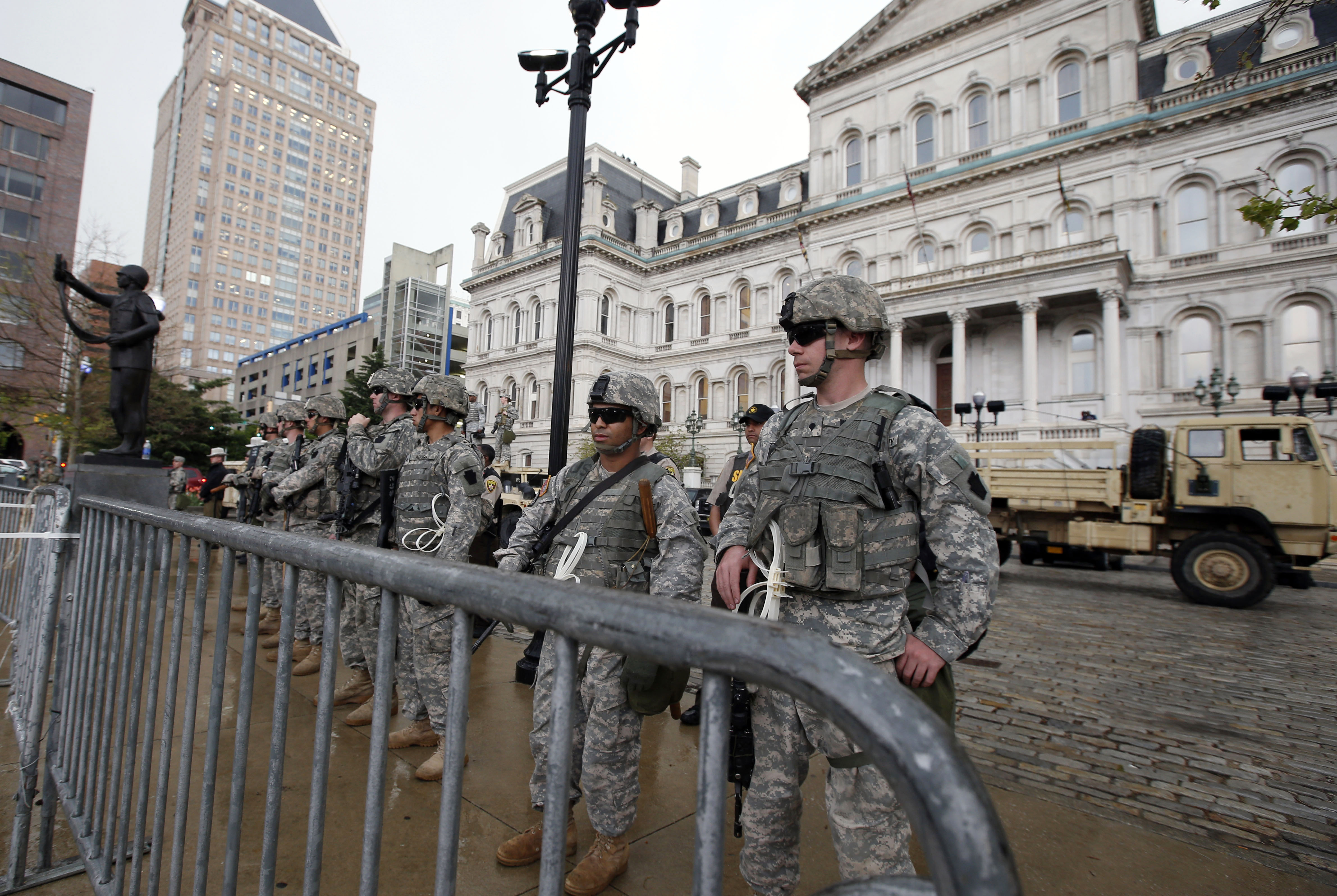An internal Baltimore police report on the death of a black man who suffered severe spinal injuries while in custody was handed over on Thursday to prosecutors, who must decide whether to bring charges against any of the six patrol officers involved in the man's arrest.
While there were no immediate plans to make the findings public, the report was delivered a day earlier than expected, highlighting the urgency with which officials view the case of 25-year old Freddie Gray, whose death led to rioting in Baltimore and protests across the United States.
"I understand the frustration, I understand the sense of urgency," Baltimore Police Commissioner Anthony Batts told a news conference. "That is why we have finished it a day ahead of time."



















With your current subscription plan you can comment on stories. However, before writing your first comment, please create a display name in the Profile section of your subscriber account page.